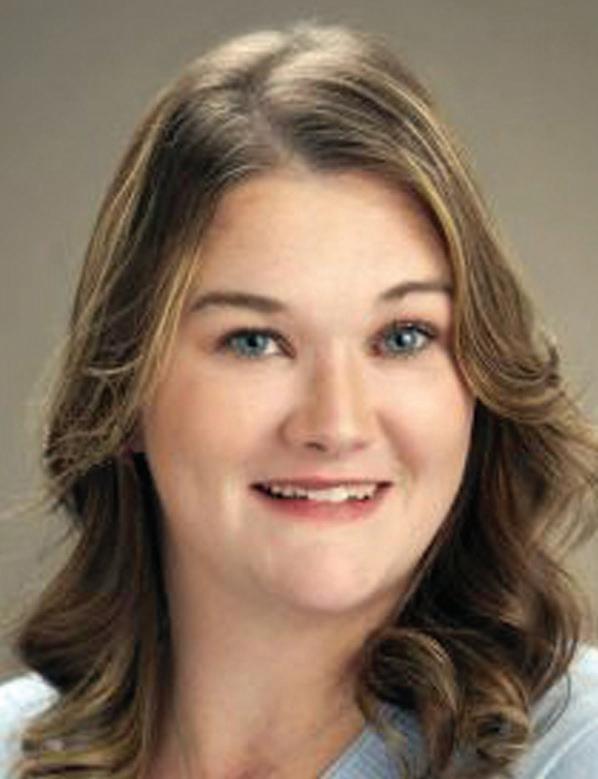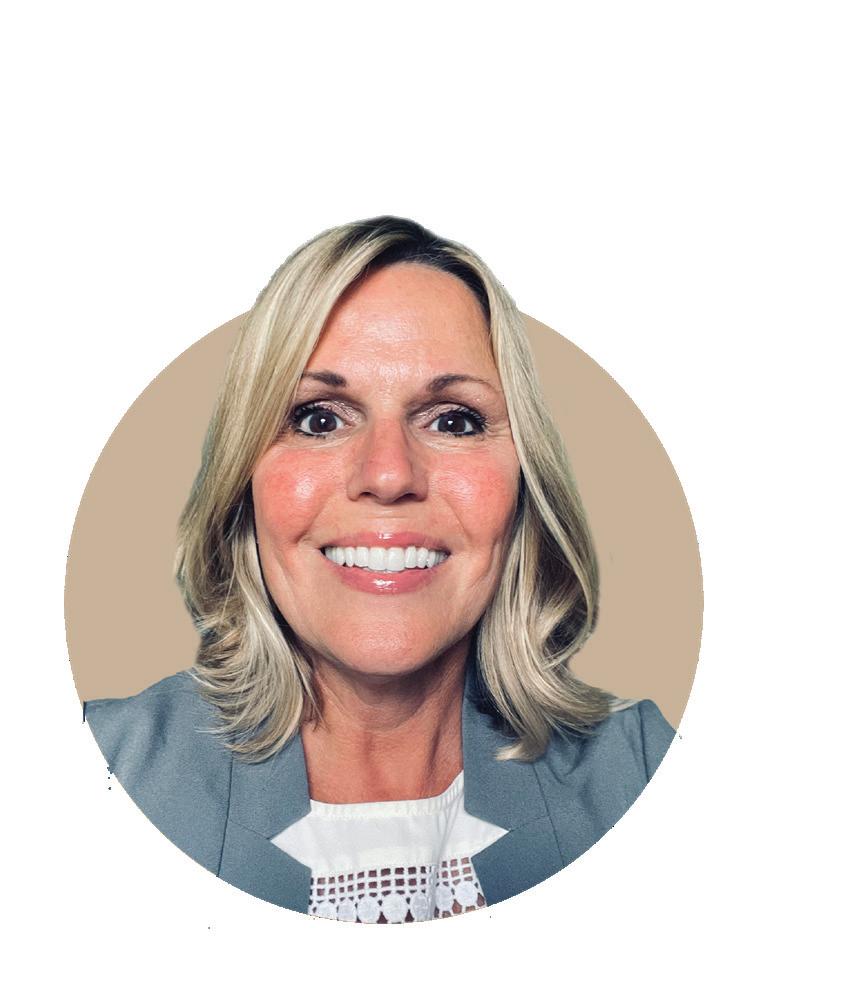
3 minute read
MIRACLE DRUG
from TCBN July 2023
Can Ozempic be both a weight-loss wonder and an important diabetes treatment?
By Craig Manning
A weight loss miracle drug, or a problematic trend that is making it more difficult for diabetes patients to access a crucial medication?
That either/or question has dominated the discussion around semaglutide, a drug sold under brand names like Ozempic, Wegovy, and Rybelsus, and often used to help adults with type 2 diabetes manage blood sugar levels.
Recently, the drug has become increasingly popular as a tool for weight loss, spurred by celebrity success stories and viral chatter on social media networks like TikTok.
While Ozempic and other GLP-1 agonists have been referred to as a weight loss “fad” due to their recent Hollywood and TikTok surges, Dr. Gustav Lo – the founder and medical director at RegenCen – pushes back against that description. something better comes out,” he said.
“Doctors have been quietly using that class of drugs, the GLP-1 class, for weight loss for almost 15 years now,” Lo said.
According to Lo, the team at RegenCen – a “regenerative medical center” on West Front Street in Traverse City that offers weight loss treatments, IV thera- somewhat vilainized for the global semaglutide shortages, he vehemently disagrees with that narrative.
“Some articles pretend there’s an ethical dilemma, like overweight people are stealing semaglutide from diabetics who ‘really need it,’” Lo said. “That’s total crap.”
Lo says that the drug is approved for type 2 diabetics and overweight or obese people, and both have equal rights to obtain prescriptions for it.
“It’s not like one group is more deserving than the other; they are both massive health problems for the country,” he said.
After its 2021 approval, Lo said the publicity soon turned into a frenzy, but could not be described as a fad.
“It’s so effective and so safe; it’s going to be around for long, long time – until py, hormone replacement therapy, hair rejuvenation services, and more – uses Ozempic and other GLP-1 agonists daily. And while Lo acknowledges that weight loss patients and docs have been
He says rather than an ethical question; it’s a supply/demand problem that will get fixed as soon as the manufacturer gets another production line up and running, or when other drugs are approved.
Dr. Samantha Windle is a local physician who works at the Munson Family Practice Center in Traverse City and serves as one of the educators for the Munson Family Practice Residency, which is operated out of that clinic.


As a physician with a special interest in weight management, Windle is wellversed in the debate around Ozempic, and agrees with Lo that the weight loss side of the medical field has experienced some unfair finger-pointing as Ozempic has gained popularity.

In particular, Windle said that some people mistake weight loss treatments as a matter of vanity rather than a matter of healthcare, which helps explain the backlash against the use of Ozempic and other GLP-1 agonists for weight management applications.
“In the medical field, we know that obesity is a significant risk factor for developing and having worse outcomes of other medical conditions – including cardiovascular disease, many cancers, pulmonary diseases, liver disease, and musculoskeletal complications to just name a few,” she said.
Windle calls obesity a chronic medical condition that should be addressed and treated – just as diabetes should be – to limit long term morbidity and mortality.
“And, for some, medications are needed to overcome metabolic barriers they face, so that the work they put in in terms of diet and exercise is effective,” she said.

Still, Windle does see certain fad-like characteristics to how Ozempic has exploded in popularity as of late, particularly on TikTok and other online platforms.
She says she’s hopeful that people who read or hear about GLP-1 agonists in those contexts won’t just assume they are miracle drugs, but instead consult their healthcare providers to find out how such medications might be used in concert with other weight management techniques.”
“In terms of social media and diet fads, they can be extremely dangerous and lead to detrimental misinformation when information is not shared thoughtfully, truthfully, or completely,” Windle said.
Windle calls on her fellow healthcare providers to be “understanding and thoughtful” when these individuals come in to the office.
“(We need to) create trusting, open lines of communication, educate them on our expertise, and help guide them to create healthy and realistic goals,” she said.
Lo thinks there’s also a misconception that the patients seeking semaglutide for weight loss are using the drug in place of other methods – such as diet, exercise, or hormone optimization – to achieve fast-acting, low-effort results.
But while patients may come to places like RegenCen because they heard ringing endorsements of Ozempic on TikTok and want to try it for themselves, that doesn’t mean they’re handed the drug –no questions asked.
“It should go without saying, but I’ll say it anyway: Not everyone is a good candidate for every single weight loss technique out there,” Lo said.
Lo says he often sees patients who are very frustrated with not being able to lose five to eigiht pounds.
“That sounds like a small amount of weight to a lot of us, but if you’ve been 115 pounds your whole life and suddenly you’ve hit menopause and you’re 123 and it all seems to have gone to one place and nothing fits, that’s pretty frustrating,” he said.
Lo adds that that particular patient is not a good candidate for semaglutide.
“But they don’t care; they just want an effective solution,” he said. “And that’s why we have multiple solutions.”
By Andi Dolan, columnist












